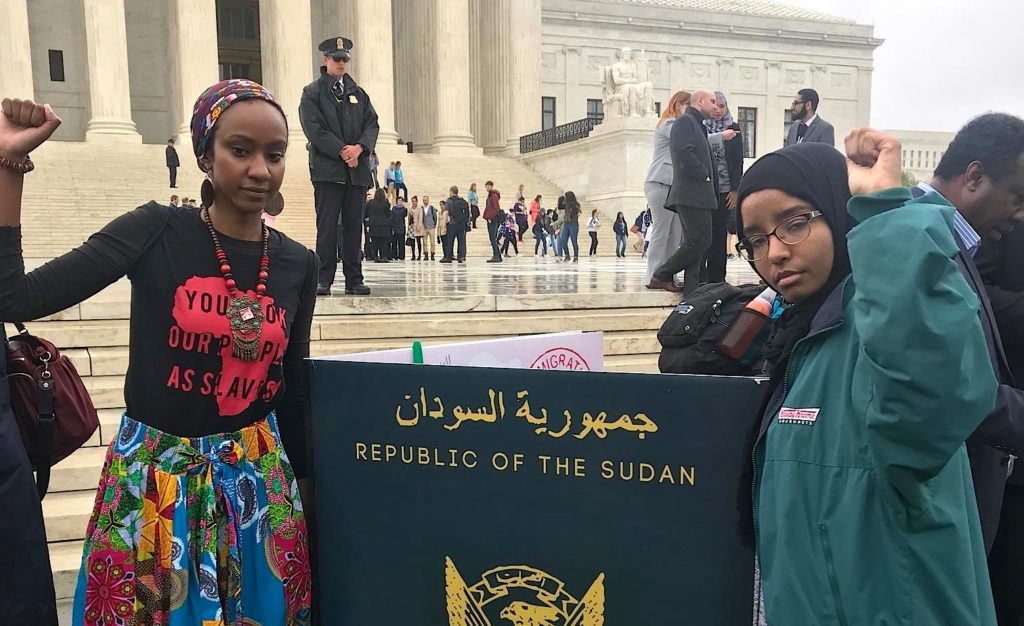A Big Day on Capitol Hill
By • April 26, 2018 0 410

Wednesday, April 25, was a big day on Capitol Hill.
Nearly every member of the House and the Senate, Cabinet officials and members of the diplomatic corps filled the chamber and galleries of the House of Representatives in a rare “joint meeting” to hear French President Emmanuel Macron speak. The press gallery hosted dozens of guest journalists from France.
Numerous times during the hour-long speech, the entire floor stood to cheer and applaud the 41-year-old president as he spoke vigorously about maintaining multilateral agreements on free trade and global climate change, as well as about resisting extreme nationalism and global terrorism.
Meanwhile, across the street at the Supreme Court, a few hundred protestors and members of the media braved a potential rainstorm during the oral hearing about the constitutionality of President Donald Trump’s so-called “travel ban.”
On Dec. 4, 2017, the court had determined that the Trump administration could fully enforce restrictions (including increased vetting) on entering the United States on citizens from eight nations, six of them predominantly Muslim: Iran, Libya, Syria, Yemen, Somalia, Chad, Venezuela and North Korea (although restrictions on Chad have since been lifted). Most were said by the administration to have recent histories of training and exporting terrorists and threatening U.S. national security.
“Banning Muslims is racial discrimination,” read many signs on the court’s broad outside staircase, carried by immigrant and refugee advocates as well as by ACLU members. Many claimed that President Trump’s campaign statements proved he was anti-Islam. One question before the court is to decide whether or not campaign statements by a president can be used to determine the constitutionality of a presidential order. In fact, immigration laws in the United States give the president broad powers to limit immigration for national security reasons.
National security was the link between Wednesday’s two mega-events on Capitol Hill.
Macron pledged that in “remembering the terrorist attacks that hit both the U.S. and France, we will fight terrorism together,” saying that the two countries need to “shape our common answers to the global threats that we are facing with an updated multilateralism.” He added: “The United States is the one who invented this multilateralism. You are the one who has to help to preserve and reinvent it.”
Macron referred to the need to keep but broaden the multilateral agreement known as JCPOA, for Joint Comprehensive Plan of Action, that aims to control Iran’s nuclear activity. Made under President Barack Obama, JCPOA has been called the “worst deal in history” by Trump, who seemed to agree to work with France to make it better.
Both presidents also seemed to agree that the power to change international threats lay in nation-states working together, as well as through organizations. “Massive deregulation and extreme nationalism won’t solve the inequality problems created by globalism,” Macron said. “Multilateralism is the answer to the global threats faced by the world today,” he continued, asserting: “Coming together won’t outshine national cultures or identities.”
The Supreme Court will make its decision known about the constitutionality of the travel ban by May or June. Many analysts on Thursday, April 26, predicted that the tenor of the justices’ questions on Wednesday indicated that they may uphold the constitutionality of the ban.

